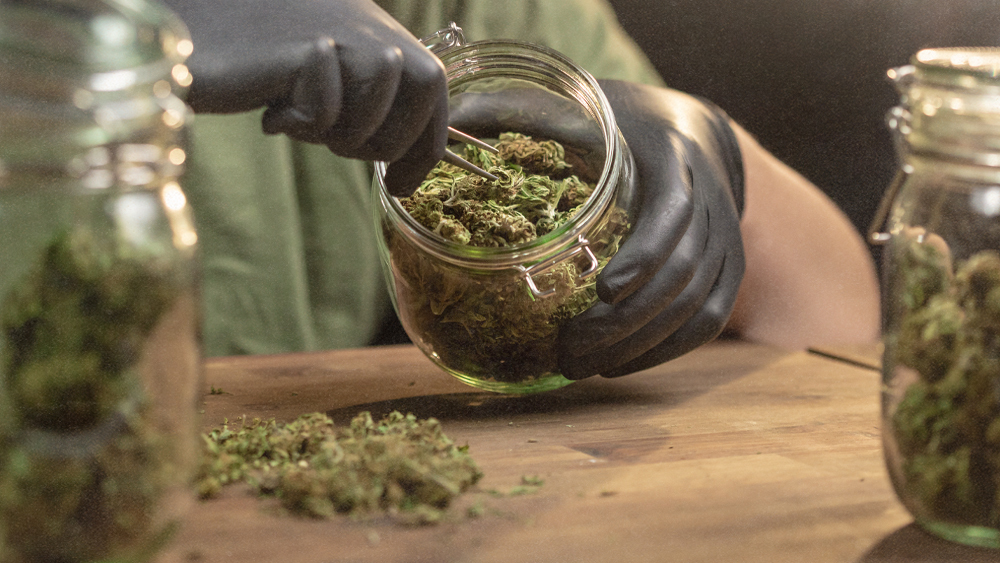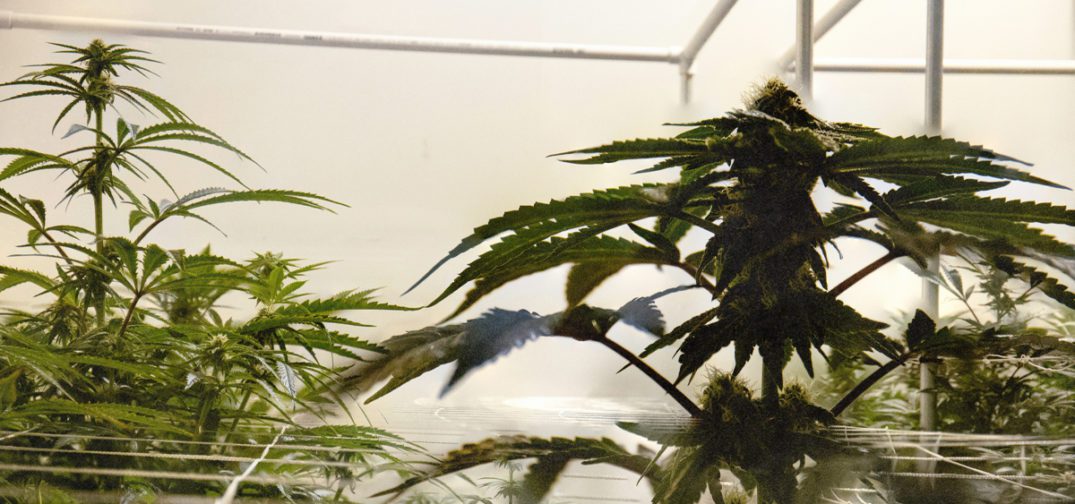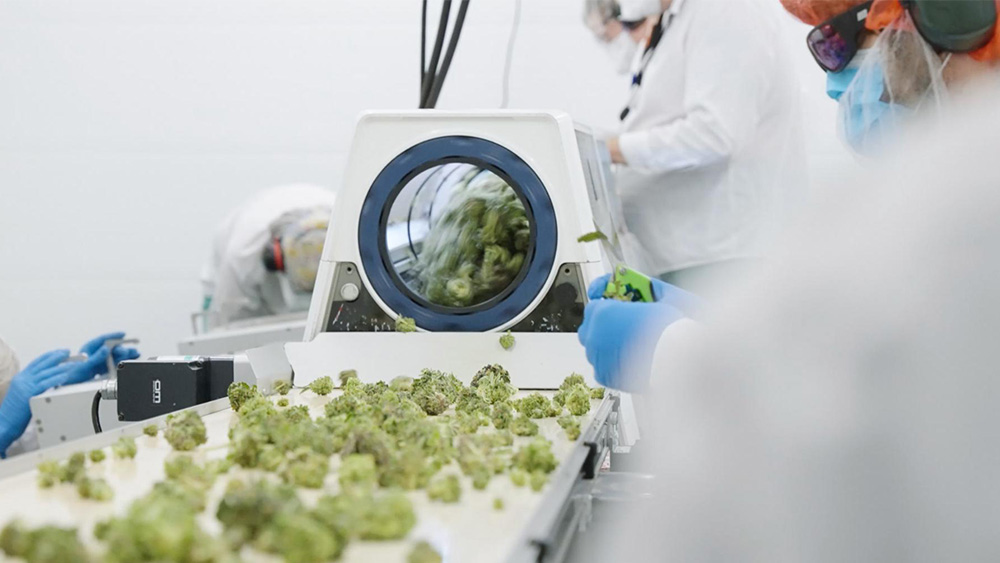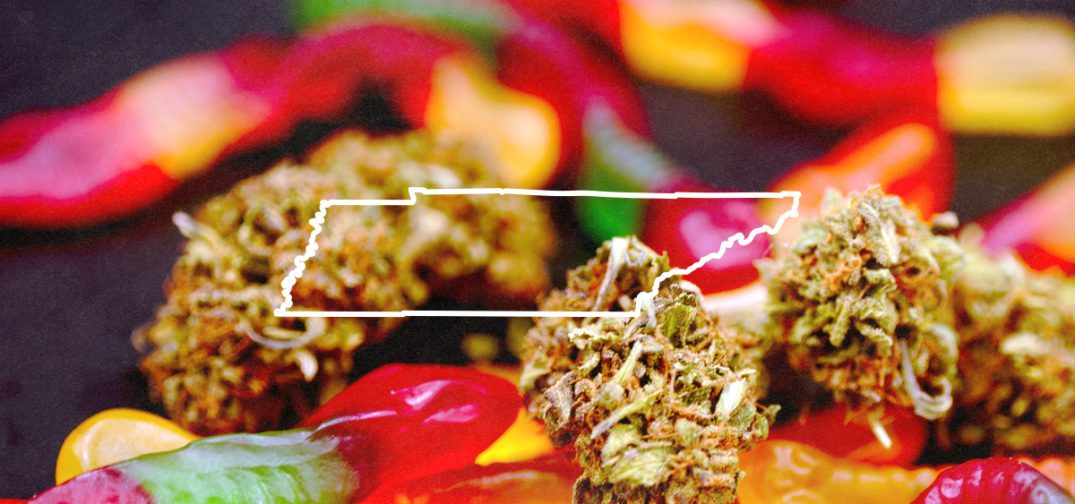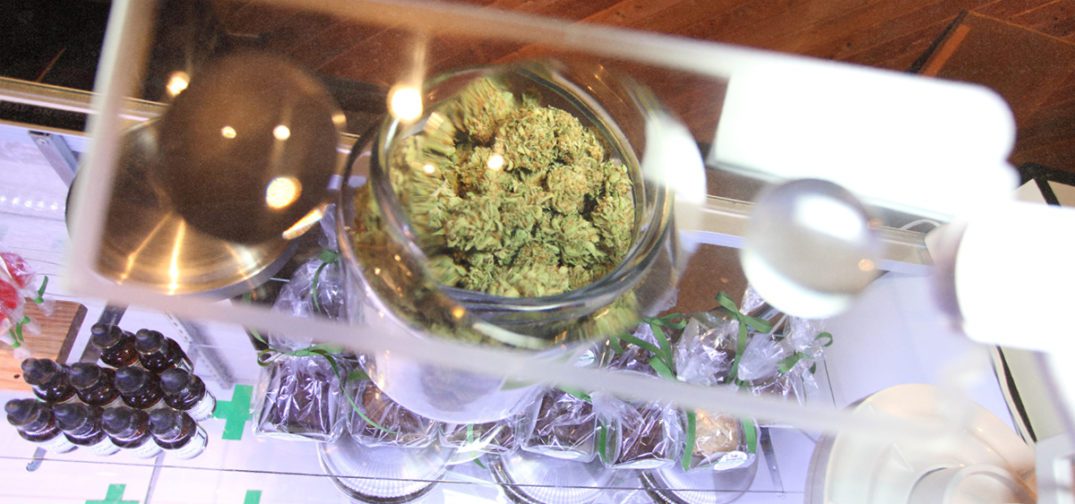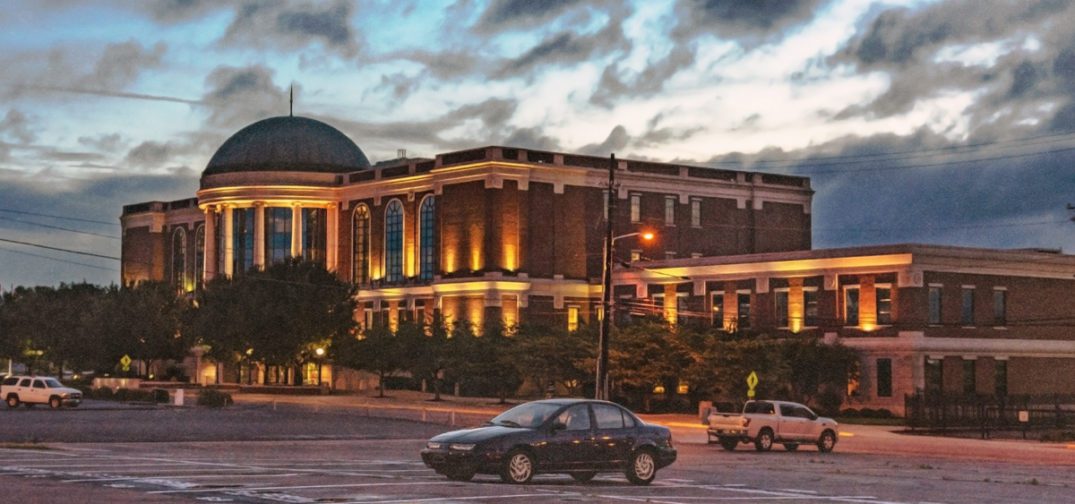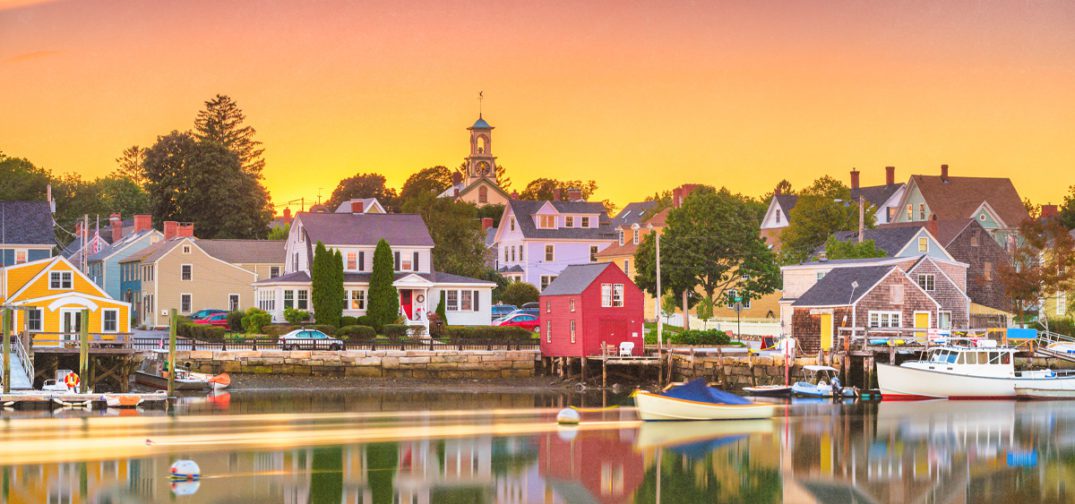Cannabis business resource and news outlet Ganjapreneur.com has announced the launch of a new series of downloadable content in the form of “survival guides,” intended to help industry operators navigate the complex and difficult reality of existing in a quasi-legal, hyper-competitive space.
The Ganjapreneur Survival Guide series will focus on different aspects of running a cannabis business and participating in the industry. The first edition is titled “How to Write About Cannabis Responsibly” and was written by journalist TG Branfalt, who has been covering the industry for nearly a decade. Following on the heels of Ganjapreneur’s new series “Cannabias” – also written by Branfalt – this guide highlights the importance of context and awareness for any journalist at a mainstream publication who is tasked with covering the industry.
Since well before legalization, cannabis advocates have pointed to the persistence of anti-cannabis bias and stigma in mainstream news coverage related to the plant. Due to the amount of propaganda that has historically been levied against cannabis and the people who consume it, journalists who write about the industry need to take extra precaution to avoid their own internal biases and to make sure their reporting appropriately considers the context of what they are writing about.
The Survival Guide highlights several key considerations for journalists to keep in mind in order to make sure their reporting doesn’t fall victim to common flaws and pitfalls that are often present in mainstream cannabis coverage, such as:
1) Use the scientific term “cannabis” over any slang reference like “pot” or “weed”
Branfalt points out the problematic history of how the word “marijuana” was used by the government to stoke xenophobia among white Americans in the 1930’s in order to justify cracking down on the communities of color who predominantly consumed the plant. While the term “marijuana” is still widely used and has become the official language of many of the new laws that have repealed prohibition, Branfalt argues a fair reporter should avoid it or any other term that comes with loaded stereotypes attached.
2) Avoid writing about scientific studies that you don’t understand
Branfalt highlights the problem of journalists attempting to interpret the results of scientific studies they don’t understand. Due to the prevalence of research funded by think-tanks, the tendency for relevant comparisons to be left out (i.e. comparing the health risks of cannabis to the harms of alcohol or tobacco), and the ubiquity of clickbait in the digital era, Branfalt argues that journalists who don’t have a scientific background should simply avoid trying to draw conclusions or interpretations from scientific studies altogether.
“Just because it makes a good headline, doesn’t mean you are providing quality information to your readers.”
-TG Branfalt
Other topics covered in the Survival Guide include how to choose one’s sources, the importance of relevant context, and the necessity for journalists to understand that people who consume cannabis are not defined by the negative stereotypes like “stoner” or “pothead” that people who don’t consume cannabis have been conditioned to understand them by.
Ganjapreneur plans to develop additional survival guides that will be written internally, as well as in collaboration with advertising partners. To learn about how to become a sponsor and co-author of our next survival guide, contact us via the website or email us at grow@ganjapreneur.com.
To download a copy of the Survival Guide, click here or fill out the form below.
End



